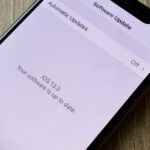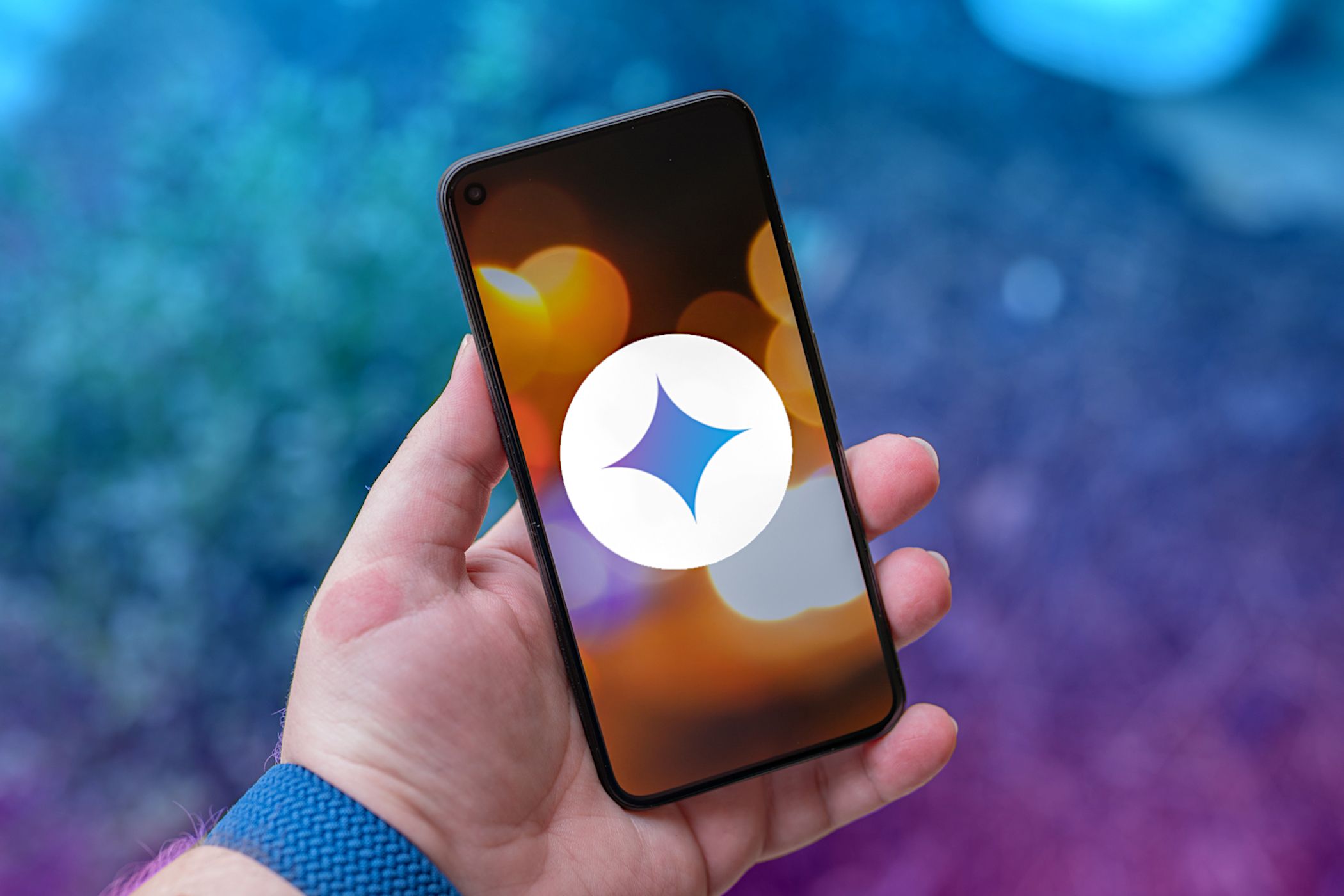In 2018, notches are the hot trend with smartphones. Essential was first to release a phone with a notch in mid-2017, but Apple kicked off the fad in earnest with the iPhone X. Unfortunately, unlike the iPhone X, every Android phone with a notch has a noticeable bottom chin. Let’s take a deep dive to find out why.
Many Android OEMs have released phones with a notch since Essential released the PH1 in Summer 2017. Companies like LG, OnePlus, and Huawei have all jumped on board with the latest trend. The LG G7 ThinQ, OnePlus 6, and Huawei P20 Pro also have one other design trait in common–a huge bottom chin. In stark contrast, the iPhone X has an almost nonexistent chin at the bottom. Many Android fans have been frustrated that OEMs have not replicated Apple’s design feat.
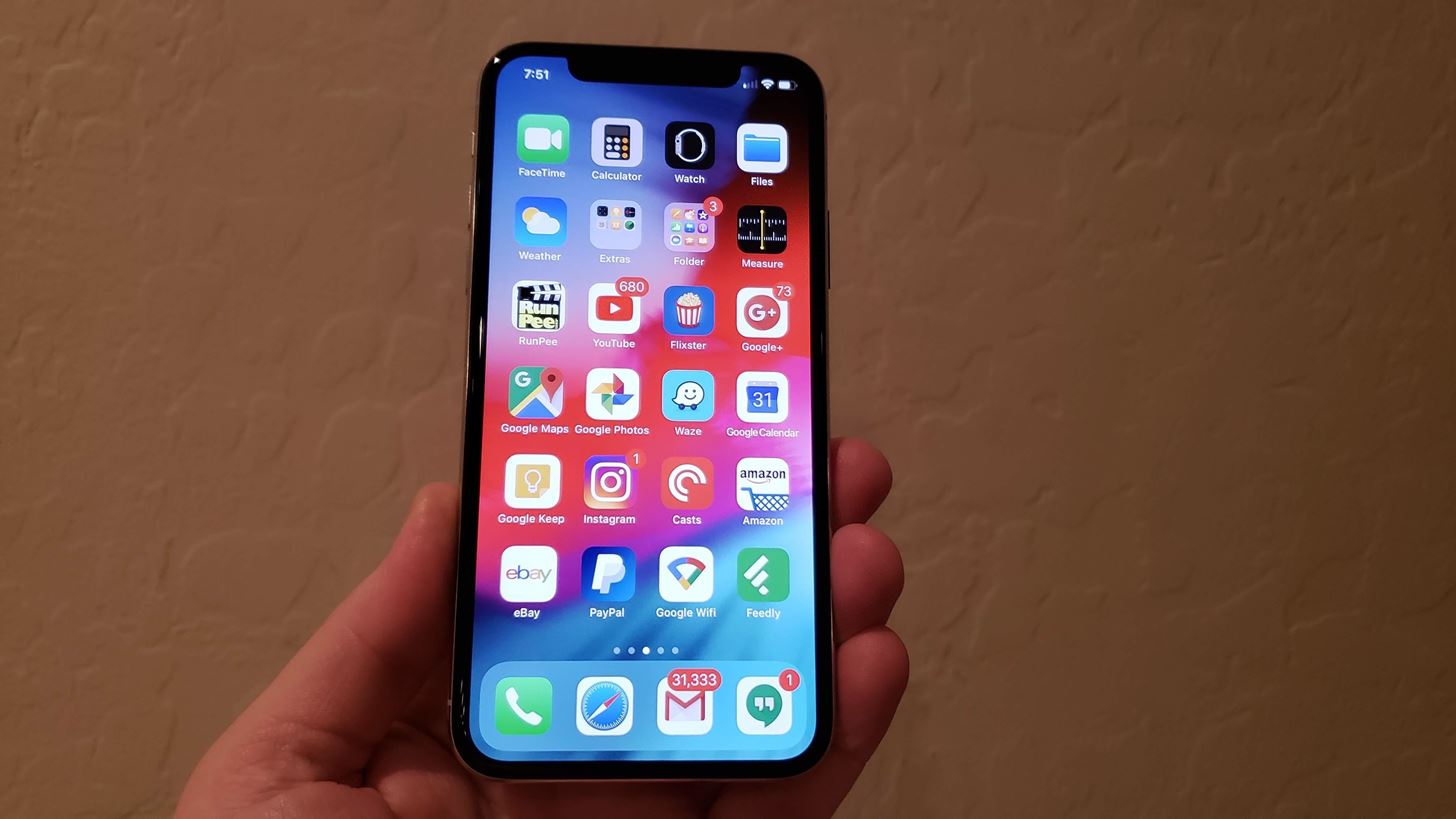
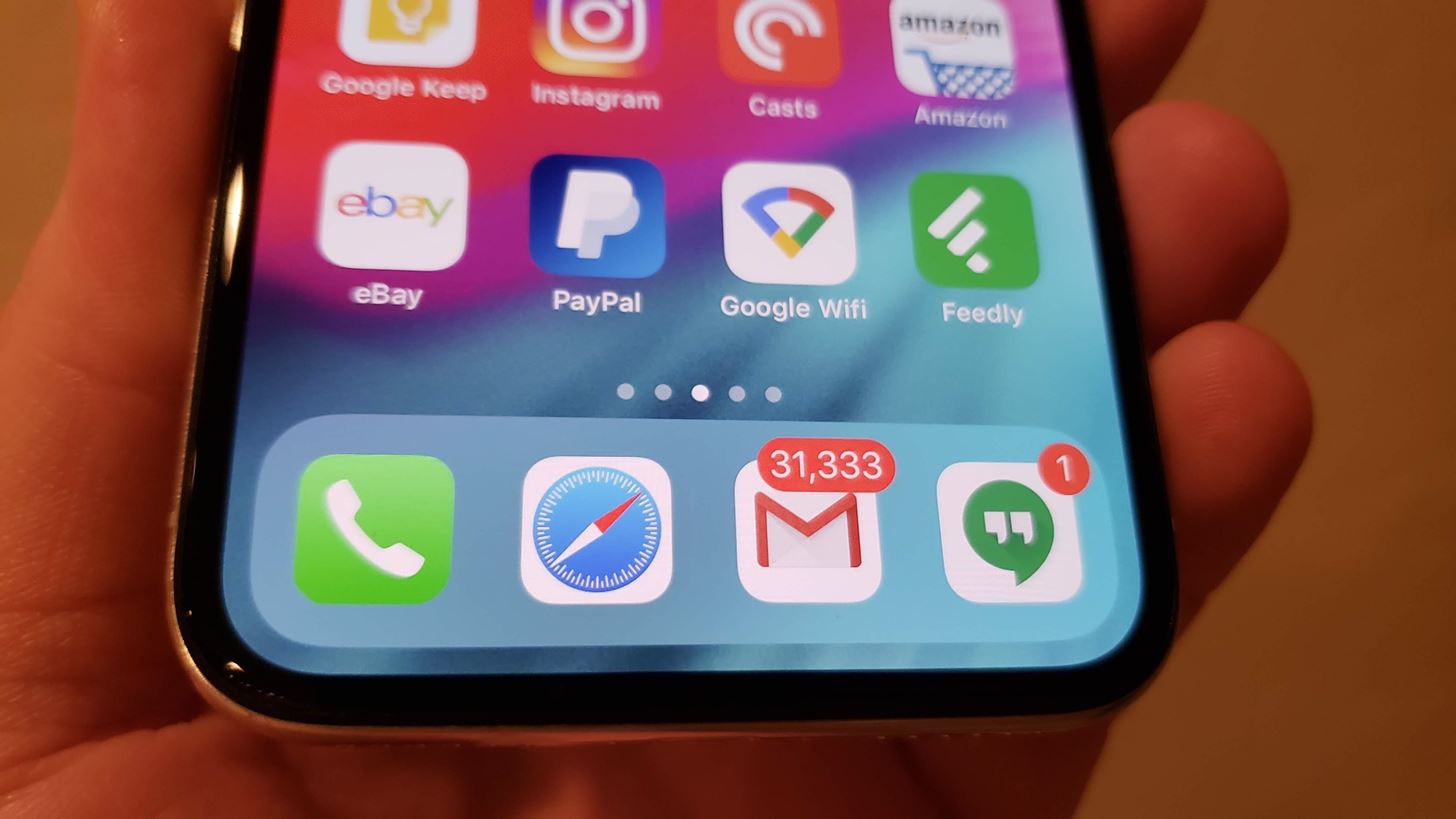
As you might expect, the high price of iPhone X has much to do with the minimal bottom bezel implementation. However, the reason is not quite that clear cut. Apple spent significant money on research and development costs to remove the bottom bezel. The investment in development costs was eventually passed on to consumers in the form of a $1,000 price tag at initial release.
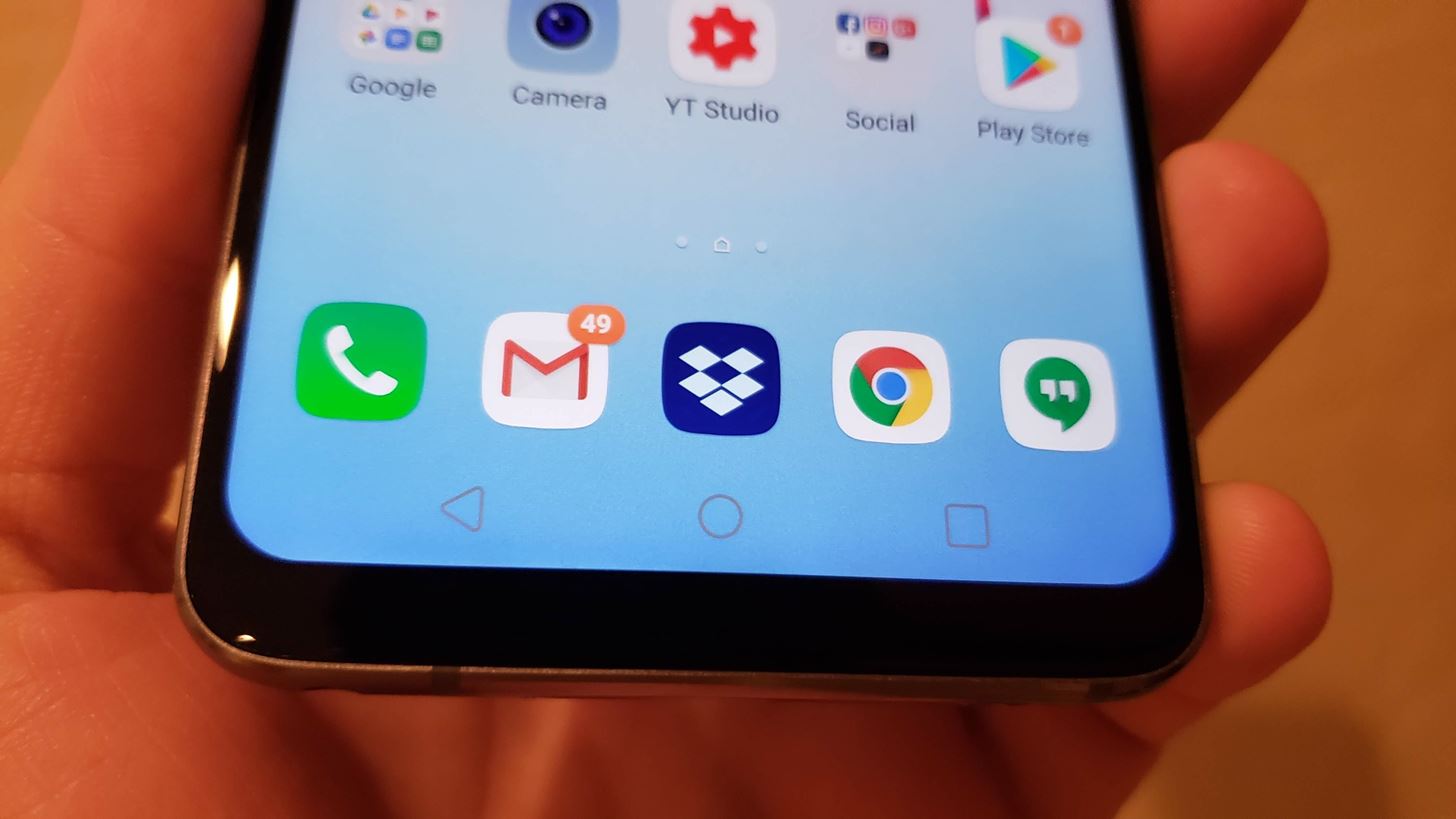
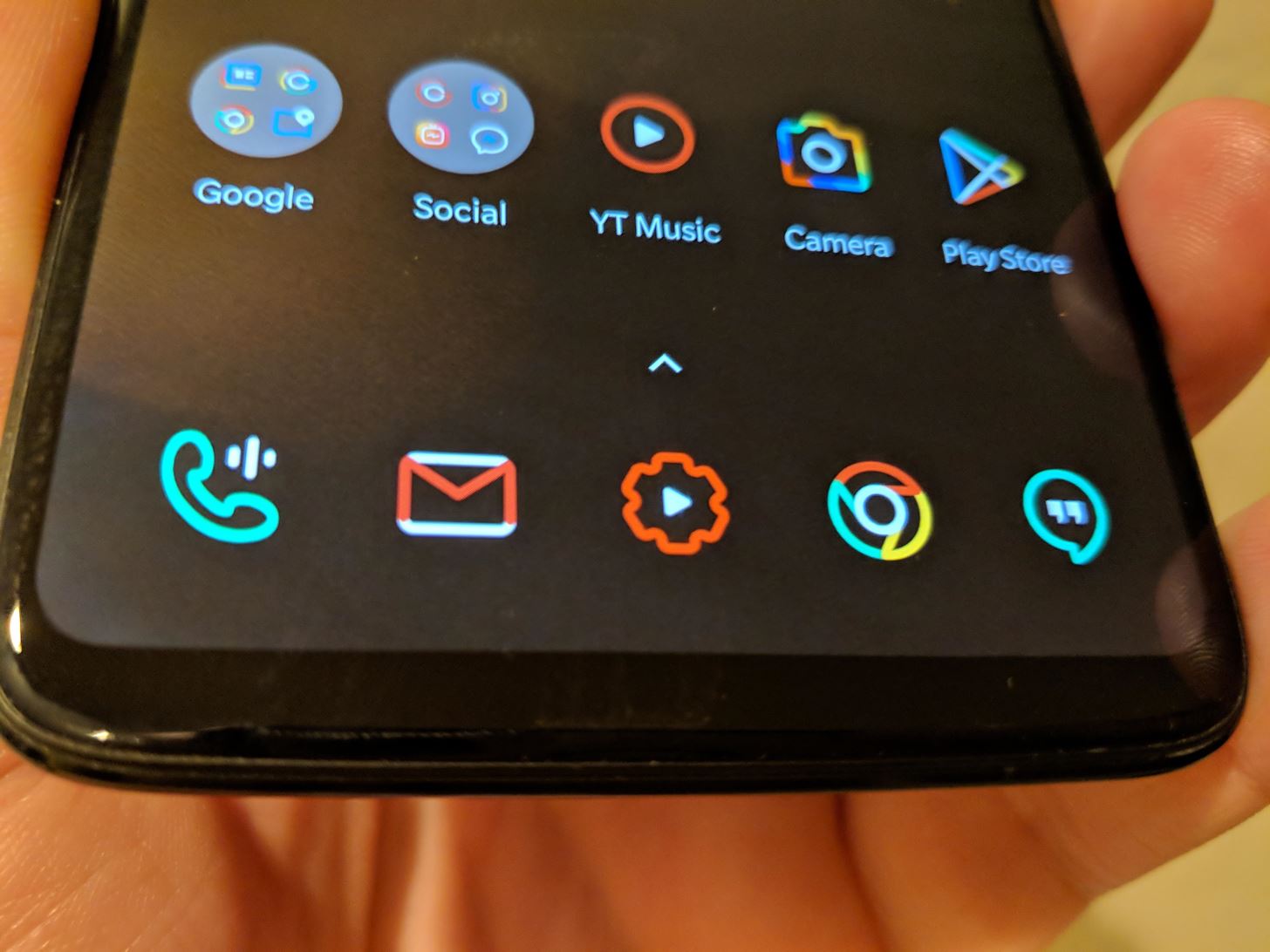
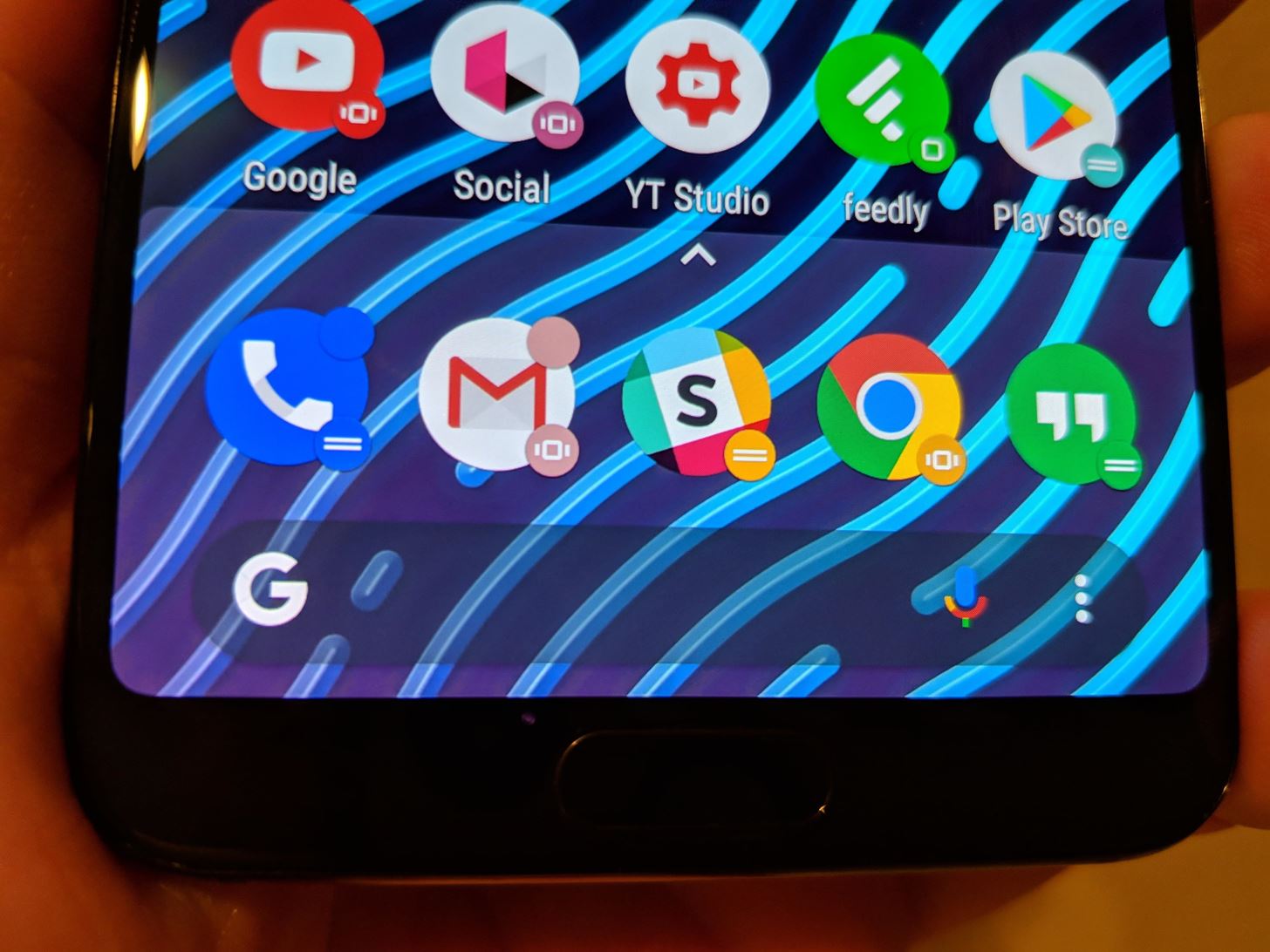
The issue at hand is the ribbon cable connecting the display controller to the motherboard. This cable is located at the bottom of smartphone screens, creating an obvious hurdle for going truly bezel-less by deleting the chin. To circumvent this problem, Apple implemented a flexible display to wrap around the bottom, connecting the display to the motherboard on the back of the screen, and solving the problem with the bottom chin.
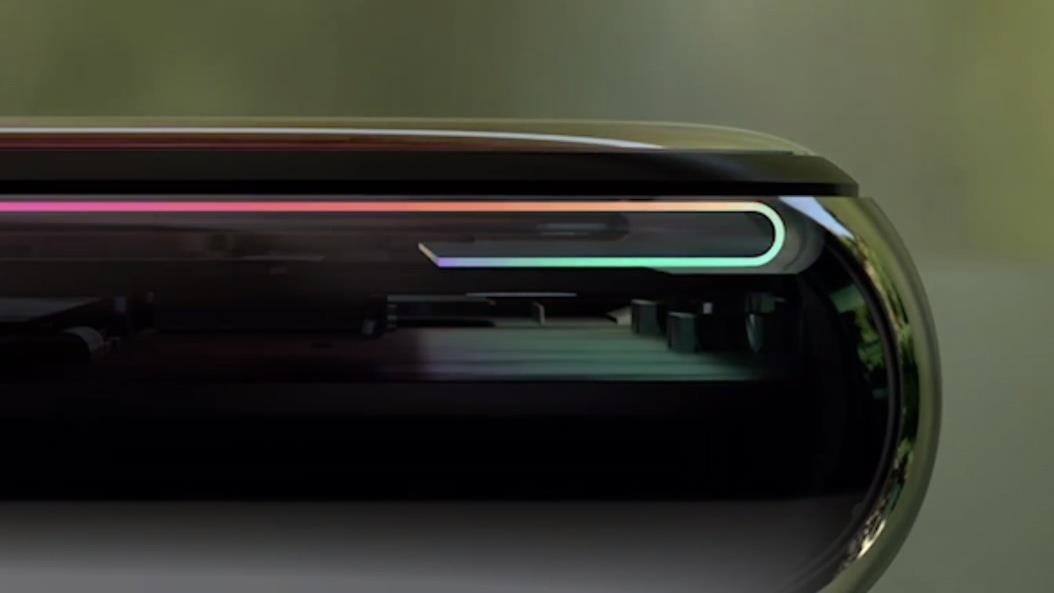
As a result, the iPhone X’s screen is actually bigger than what you can see from the front of the phone. The bottom portion of the flexible display simply wraps around behind the visible portion of the screen to make room for the display connector.
Android OEMs could implement a similar solution, but pricing is much more prohibitive in the Android space. Selling a mainstream Android phone for $1,000+ is something yet to be tested. The only Android OEM that could possibly get away with that price is Samsung, and they seem to be focused on full-screen implementations that do not use a notch. In fact, Samsung went as far as to mock Apple’s notch implementation in their Galaxy S9 launch earlier this year.
Will we see an Android phone without a bottom chin soon? That question is tricky to answer. It all depends on how soon the Android OEMs can implement Apple’s flexible display approach at a lower cost to the consumer. At this point, there’s not much we can do as Android fans. We’re all just taking it on the chin.
Hot Deal: Set up a secure second phone number and keep your real contact details hidden with a yearly subscription to Hushed Private Phone Line for Android/iOS, 83%–91% off. It’s a perfect second-line solution for making calls and sending texts related to work, dating, Craigslist sales, and other scenarios where you wouldn’t want to give out your primary phone number.
“Hey there, just a heads-up: We’re part of the Amazon affiliate program, so when you buy through links on our site, we may earn a small commission. But don’t worry, it doesn’t cost you anything extra and helps us keep the lights on. Thanks for your support!”








